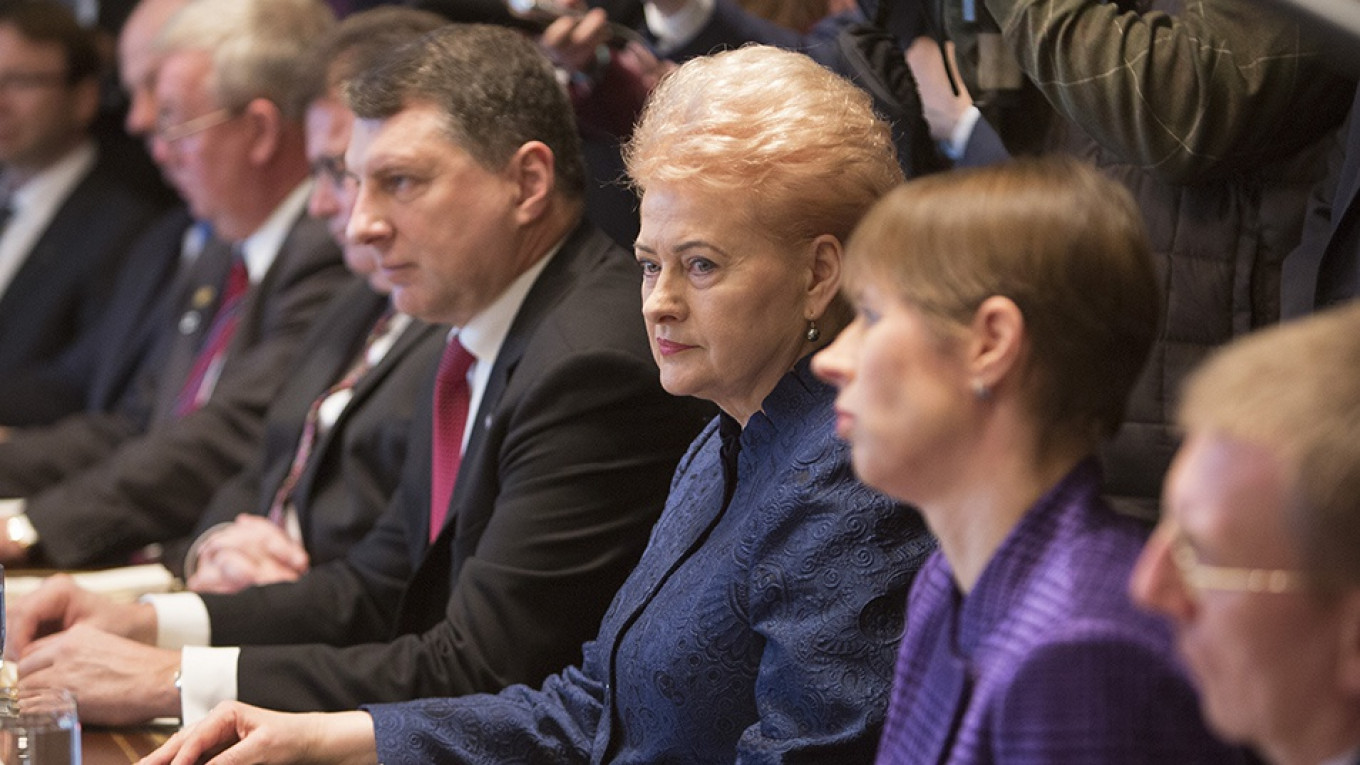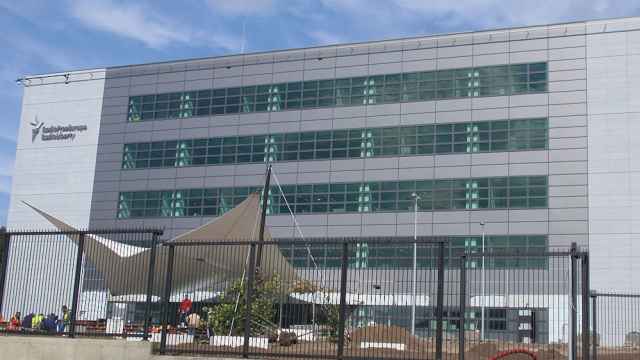The leaders of the Baltic states and Poland will sign a long-awaited deal on Thursday to connect their power grids to the European Union grid by 2025 and break their energy relationship with Russia, a Soviet legacy.
Estonia, Latvia and Lithuania, once ruled from Moscow but now members of the European Union and NATO since 2004, view being plugged into Russia's power network as a threat to their national security.
The agreement, a copy of which was seen by Reuters, will be signed with the EU's chief executive, Jean-Claude Juncker, on the sidelines of a summit of EU leaders in Brussels.
It ends years of bickering among the three countries over how best to synchronize their electricity grid with the Continental Synchronous Area of their partners to the west and paves the way for EU funds to be disbursed for the 1 billion euro project.
"We worked nine years for the agreement," President Dalia Grybauskaite told Lithuanian LRT television on Thursday.
"This is the last millstone tied to our feet, keeping us from real energy independence," she said. "That tool of blackmail, which was used (by Russia) to buy our politicians and meddle in our politics, will no longer exist."
Under the deal, states would use the existing overland LitPol Link between Lithuania and Poland, as well as a new high-voltage direct current cable to run under the Baltic Sea, looping around the territorial waters of Russia's Kaliningrad enclave.
This project, to be confirmed by August, would cost around 560 million euros, a diplomatic source said.
Brussels is to negotiate with Moscow over how to maintain the power supply to Kaliningrad, which is currently synchronized with mainland Russia through the Baltic states. The deal proposes connecting Kaliningrad with two back-to-back power converters.
Russia, on which the Baltic states currently rely to balance their power flows, has never cut power or threatened to do so, but the three EU nations fear it might and say there is a lack of transparency on upkeep of the network in Russia.
Lithuania expects Baltic states to test their ability to work autonomously from Moscow in June 2019, before formally switching by 2025.
The Russian and Continental European systems both operate at a frequency of 50 Hertz, but are not synchronized. The Russian system is run from Moscow, whereas the continental one is decentralized.
A Message from The Moscow Times:
Dear readers,
We are facing unprecedented challenges. Russia's Prosecutor General's Office has designated The Moscow Times as an "undesirable" organization, criminalizing our work and putting our staff at risk of prosecution. This follows our earlier unjust labeling as a "foreign agent."
These actions are direct attempts to silence independent journalism in Russia. The authorities claim our work "discredits the decisions of the Russian leadership." We see things differently: we strive to provide accurate, unbiased reporting on Russia.
We, the journalists of The Moscow Times, refuse to be silenced. But to continue our work, we need your help.
Your support, no matter how small, makes a world of difference. If you can, please support us monthly starting from just $2. It's quick to set up, and every contribution makes a significant impact.
By supporting The Moscow Times, you're defending open, independent journalism in the face of repression. Thank you for standing with us.
Remind me later.







